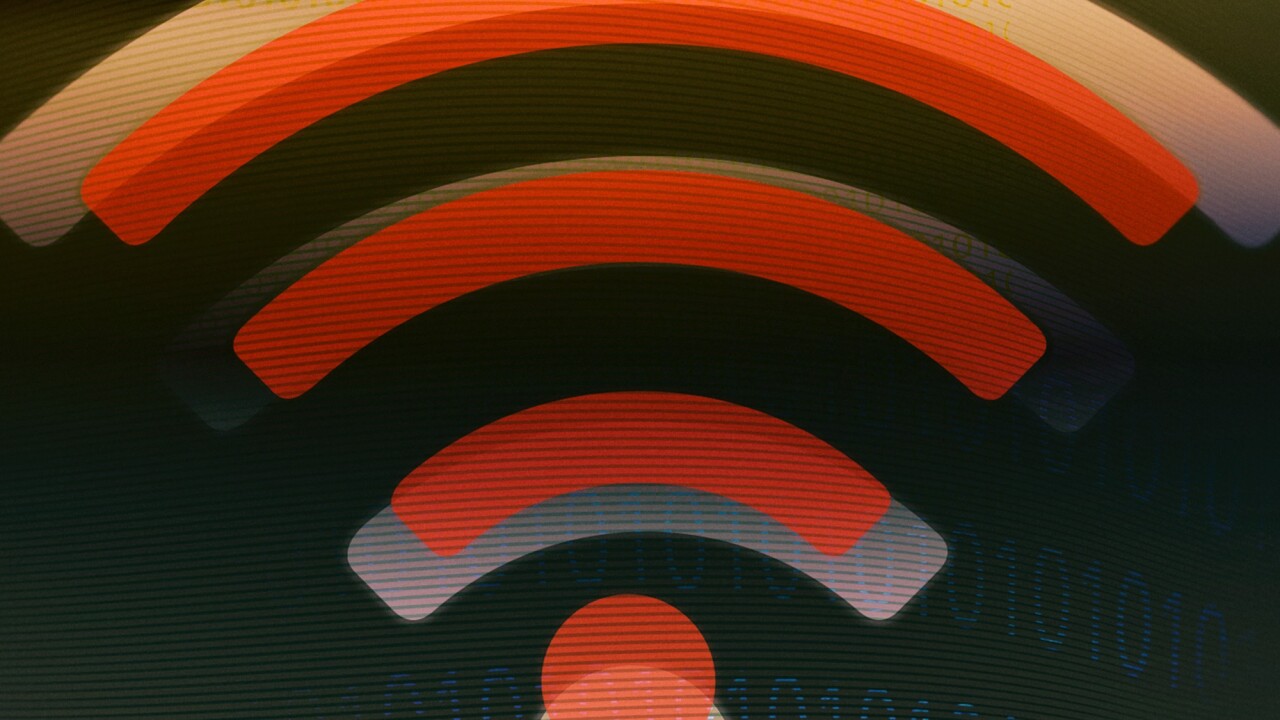From job applications to telehealth appointments, virtual classrooms, and staying in touch with loved ones — the internet isn’t just useful, it’s essential. But for thousands of Arizonans, reliable access to it has been anything but guaranteed.
In fact, hundreds of thousands of Arizonans don’t have access to home internet, according to US Census data. Many of those are in rural or Tribal areas, or neighborhoods like Maryvale, where broadband infrastructure has historically been lacking.
Now, a statewide effort led by Arizona State University and Institute for Digital Inclusion Acceleration (IDIA) is helping close that digital divide — and not just by laying cable, but by giving new users the tools and confidence to navigate the internet safely and effectively.
“It became obvious to us that access to internet wasn’t a nice-to-have — it was a must-have,” said Lev Gonick, Chief Information Officer for ASU and Chair of the Sun Corridor Network.
The project, backed by $34.6 million from the American Rescue Plan, is the largest university-led digital access initiative in the country. The effort includes:
- ASU students and staff mapping where internet service is unavailable
- The Sun Corridor Network building broadband infrastructure
- Institute for Digital Inclusion Acceleration (IDIA) training new users
IDIA leads the digital learning hubs known as “The HIVE,” where participants get hands-on support with everything from email basics, Google Docs, podcasting, cybersecurity, or launching their own online business.
That’s exactly what happened for June Newman in Tempe. A grandmother and lifelong learner, June was barely using her computer when she began attending workshops at The Hive. Nearly a year later, thanks to classes and support from The Hive's Digital Navigators, she has created her own website, podcast, and online platform for women.
“Just having the confidence to make my own website, yeah, I did that,” she said. “Oh, I’m a web-er now.”
But the project isn’t just about entrepreneurship and the joys of learning. One digital navigator shared the story of a man who almost missed out on a job opportunity because he didn’t have a smartphone or computer to fill out the application. With help, he was able to apply — and got hired.
“These communities were fundamentally the other side of the proverbial tracks, disproportionately unconnected or underconnected,” said Gonick. “What we’re doing is a model for the rest of the country.”
To learn more about The HIVE and free digital literacy programs near you, visit theidia.org.






